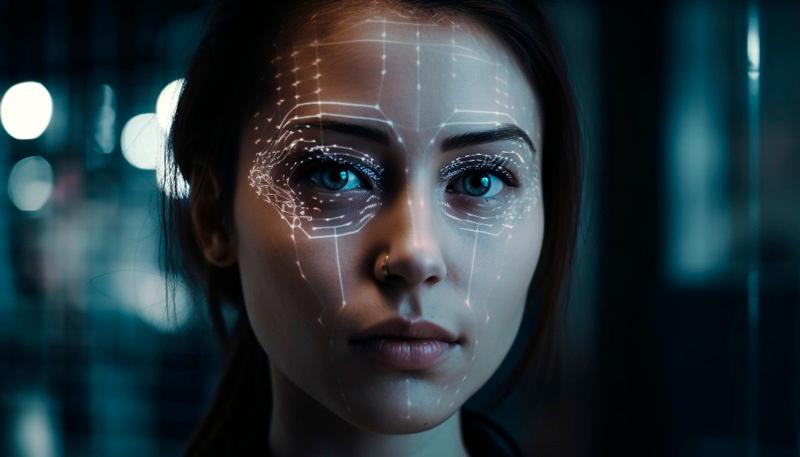SINGAPORE is proposing new legislation to address the threat of deepfake videos during elections, as part of efforts to maintain public trust in institutions.
The city-state joins other countries in taking steps to regulate manipulated media ahead of its next general election, due by November 2025, the South China Morning Post reported.
Senior Minister of State for Digital Development and Information Janil Puthucheary outlined the proposed Elections (Integrity of Online Advertising) (Amendment) Bill during a panel discussion at the Lee Kuan Yew School of Public Policy’s Festival of Ideas.
“It is, in terms of its operations, focused around the candidate ... But it has, as its intent, the shoring up of public trust in information discourse platforms, the media, and that sense of institutions having a responsibility above and beyond their own narrow interests,“ Puthucheary was quoted as saying.
The bill would allow election candidates to report digitally manipulated content that falsely depicts them saying or doing something they did not actually say or do.
The Returning Officer, who oversees elections, would have the authority to issue corrective directions to publishers or service providers and candidates could also declare the truthfulness of their claims.
Puthucheary warned that how voters absorb information is an area “rife for manipulation for AI-driven tools”.
He added that the bill was intended to avoid situations in other countries where public trust had been eroded by deepfakes.
In recent years, Singapore has introduced laws to combat fake news and online misinformation, including the controversial Protection from Online Falsehoods and Manipulation Act (Pofma) and the Foreign Interference (Countermeasures) Act.
These laws enable authorities to act against suspected false information or foreign meddling in domestic politics.
Puthucheary said the difference between Pofma and the new bill is that Pofma involves “a test around public interest and a requirement for an establishment of fact by an authoritative third party.”
During elections, he said, the situation is different.
“The government is in no position to do so, a third party, an academic, a professor, research institution, is in no position to do so,“ regarding verifying candidate statements. Instead, candidates themselves have “an interest in expressing, and then a responsibility to address in terms of providing the electorate the correct information.”
The proposed legislation includes penalties for non-compliance, such as fines and imprisonment and those who submit false or misleading information could face fines or lose their seats.
Singapore’s move follows similar actions in other countries like South Korea who banned deepfakes in political campaigns last December, while Brazil ruled against its use in February.
The United States has also seen concerns about deepfakes in its presidential election, with incidents involving AI-generated content of Vice-President Kamala Harris and pop star Taylor Swift.
Puthucheary acknowledged that Singapore’s high trust in institutions such as the government and media is a “necessary precondition” for discussions on the electoral process, recognising it as a privilege.
The proposed legislation is expected to be debated in Singapore’s parliament at the next available sitting.









